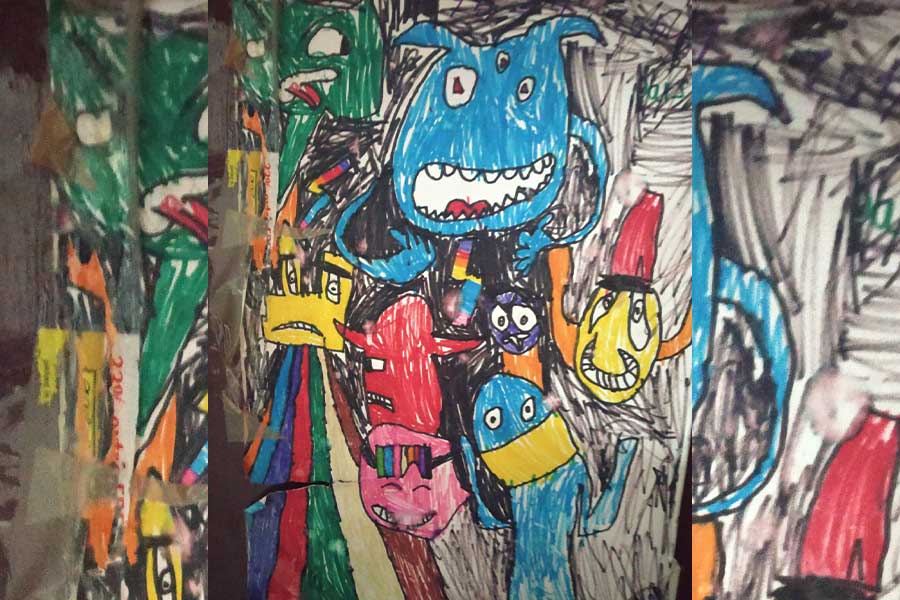“Suppose you were an animal, what would you like to be?” she asked her friend. The reply came as quick as a flash without a moment’s thought, “O, I would like to be a blue whale, I will be a largest sea mammal”. The other member of the group takes this in as she replies, “But then you won’t be able to live on land. I suppose I would like to be a unique creature that can swim, fly, walk…”. “But then a water bird can do all of that” interrupted another who was observing. The ‘supposing’ continues, and they begin to talk about all that could be possible if they had certain characteristics of the animal or creature in discussion.
It might sound like just another conversation among children. But when one begins to think about their “supposing”, it can be understood that a great deal of analytical thinking is required to do this. It is a combination of the work of the intellect and the imagination. The imagination allows the children to think from another person’s (or animal’s) perspective: think about how they would live or experience life from their unique circumstances.
Next time we hear such a conversation among our elementary age children, we might not dismiss it as idle chatting!



